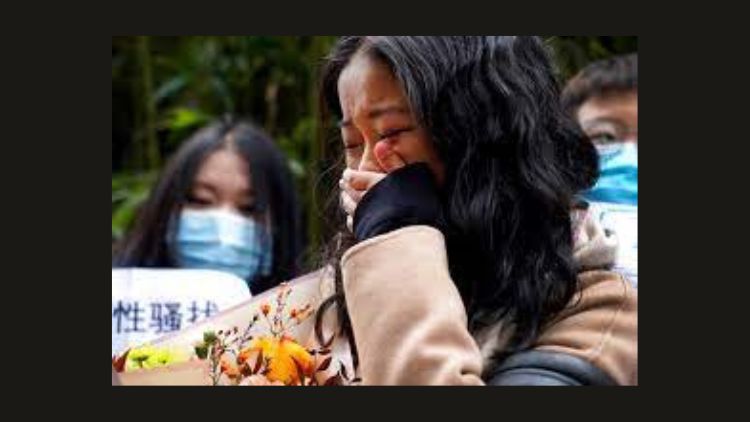Zhou Xiaoxuan’s Sexual Harassment Case Against China Central Television Host


Zhou Xiaoxuan accused prominent state TV host Zhu Jun in 2018 of grabbing and kissing her without her will while she was an intern in 2014. The incident sparked a social media uproar and encouraged many others to reveal their own sexual assault experiences.
After a hearing behind closed doors on Wednesday, the Beijing court concluded that the 29-year-evidence old’s was “insufficient” to support claims of sexual harassment. She filed an appeal after a court dismissed her case the previous year on a similar legal theory.
Soon after learning the outcome, Zhou told the Guardian, “I’m unhappy, but it’s also partly predictable. “I’m not going to give up, but I also have no idea what to do next. We appear to have used every available legal option.
Zhou claimed that the ruling had further damaged the #MeToo movement in the country. Following the Harvey Weinstein crisis in 2018, it experienced a brief period of growth before being entirely shut down. When trying to hold protests, activists encountered pressure from the authorities and had their online posts banned.
Zhou stated that she had no regrets in pursuing the matter in a video that she posted online on Tuesday. She expressed her sincere wish that future generations would not have to endure suffering. “I hope the next victim who engages in judicial proceedings will find things to be less difficult.”
On Wednesday, a small group of Zhou’s supporters showed out to wish her well. They carried balloons that said “All the best” in Chinese and “MeToo” placards.
Four years have gone, and the most significant development is that this issue has been brought up: Is a woman’s suffering when she experiences sexual harassment in a private setting worthwhile of attention? Supporters heard Zhou say. Even while there might not be a solution right away, the fact that this subject was raised is crucial.
Zhou, who also goes by the alias Xianzi, initially sued Zhu for $7,400 in damages and a public apology. Her initial hearing in Beijing in December 2020 drew a sizable crowd and a heavy police presence. Police dragged away reporters from foreign media organisations, including AFP, who were documenting the incident.
In China, many women are still hesitant to report harassment, and few cases ever end up in court due to the heavy burden that the legal system places on the claimant.
Since 2018, when a wave of women published allegations of sexual harassment against university professors, China’s #MeToo movement has stumbled. Faced with the prospect of an uncontrollable mass movement at the time, China used internet censors to quickly block related social media hashtags and keywords.
